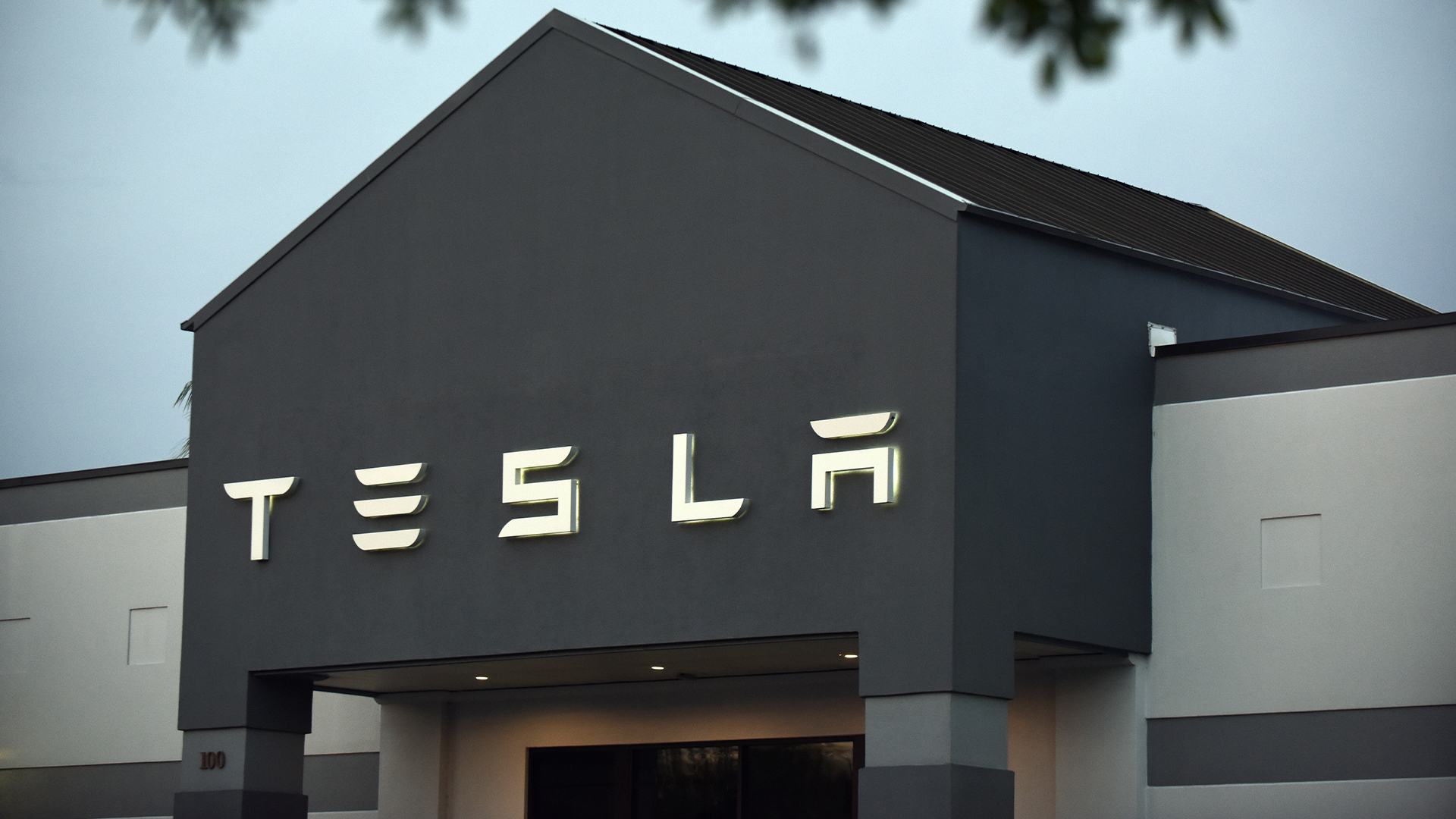

The car dealership model continues to draw the ire of customers and manufacturers alike. From egregious markups to cries of foul play over EV-related investments, dealer snafus are making the direct-to-consumer sales model more attractive by the day. There’s just one problem: automakers can’t sell directly to the public in a handful of states. Tesla, however, has learned to circumvent this.
In its now-home state of Texas, Tesla officially “sells” its cars from its California office, but offers a titling packet (that sometimes comes with some extra headaches) that allows consumers to register their car in the Lone Star State. And in nearby New Mexico, Tesla has figured out that it can actually host its stores on tribal land to circumvent the state’s ban on direct sales and service centers. Now, it will build another store to serve exactly the same purpose.

Tesla’s first foray into battling New Mexico’s dealer franchise laws came last September when it opened up a sales center in Nambé. It’s a census-designated place home to the native Pueblo people. As the Albuquerque Journal reports, Tesla’s newest store will be in Santa Ana, which is roughly 60 miles closer to Albuquerque.
Santa Ana governor Joey Sanchez says that Tesla reached out to the Pueblo government last year, adding that the automaker is expected to open its latest store in May 2023. It will employ a group of tribal members as Tesla-trained service techs, as well as other individuals from surrounding communities.
Importantly, New Mexico is one of three states alongside Alabama and South Carolina that not only bans direct sales but also service centers. Seven other states—Connecticut, Louisiana, Nebraska, Oklahoma, Texas, Wisconsin, and West Virginia—only prohibit the former. It will soon be easier for New Mexico drivers to buy a new Tesla now that two dealerships on tribal land exist, making it possible to purchase in-state without having to jump through the hoops that come with otherwise forbidden direct-to-consumer sales. Likewise, existing owners will have an additional place to get their vehicles serviced.
To top it all off, consumers won’t be taxed twice for vehicles purchased on tribal land thanks to a new bill passed earlier this year.
While Tesla is benefiting from this partnership, other new automakers are still going to feel some pain. Startups that operate with direct-to-consumer sales face a complex purchasing process, much like Tesla before it struck a deal to sell on tribal land. However, established automakers argue that these startups are actually at an advantage. Ford CEO Jim Farley previously suggested that brands with direct-to-consumer models have a $2,000 price advantage over legacy automakers that operate using a dealership model.
Got a tip or question for the author? Contact them directly: rob@thedrive.com